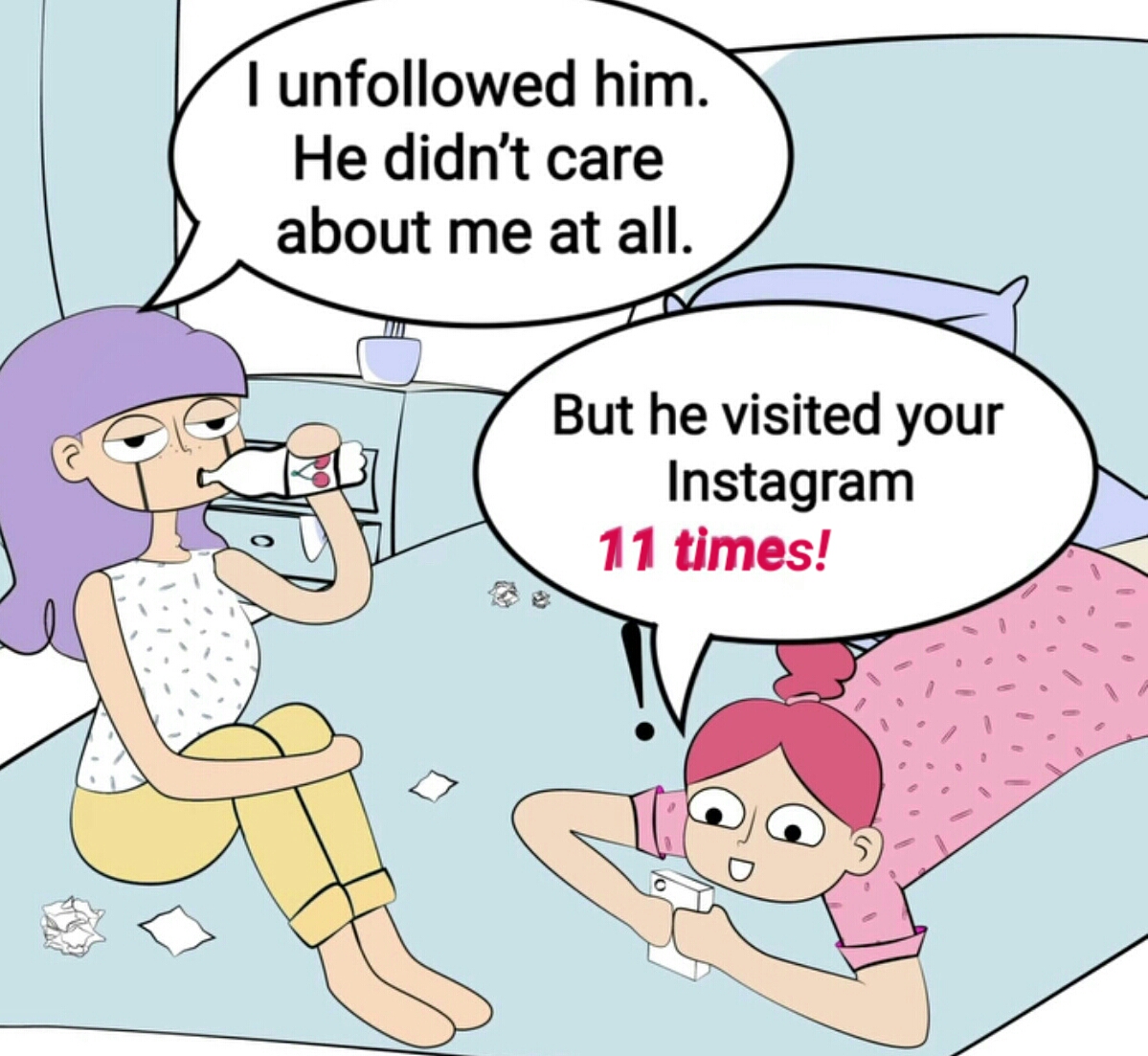
When Space is Necessary: Giving Her Time and Distance to Heal
Navigating the complexities of human relationships often requires a nuanced understanding of individual needs and emotional responses. While intimacy and closeness are fundamental to healthy connections, there are instances where providing space and distance becomes a crucial element in facilitating healing and fostering a stronger, more resilient bond. This is particularly true when a significant emotional event has transpired, impacting the well-being of one or both partners. This exploration delves into the circumstances in which providing space is not merely an act of avoidance but a necessary component of a constructive approach to relational recovery.
Understanding the Need for Emotional Distance
The concept of “giving someone space†often carries a negative connotation, frequently perceived as a precursor to abandonment or indifference. However, a thoughtful and intentional approach to emotional distance can be a powerful demonstration of empathy and respect for the individual's healing process. It acknowledges that everyone processes emotional trauma and distress at their own pace and in their own way. Forcing closeness before someone is ready can inadvertently hinder their recovery and damage the relationship further.
Recognizing the Signs of a Need for Space
Several indicators may suggest that a partner requires time and distance to process their emotions. These signs are often subtle and require careful observation and understanding:
- Withdrawal from communication: Decreased frequency and quality of communication, including avoiding eye contact or responding minimally.
- Increased irritability or emotional reactivity: Easily triggered emotional responses, such as anger, sadness, or anxiety, often disproportionate to the situation.
- Changes in sleep patterns or appetite: Significant disruptions in sleep or eating habits, indicative of underlying emotional distress.
- Expressing a need for alone time: Explicitly stating a desire for solitude and time to reflect.
- Physical avoidance: Exhibiting a reluctance to engage in physical intimacy or closeness.
These behavioral changes should not be dismissed lightly. They often reflect a deeper emotional struggle that requires time and space for resolution. Ignoring these signs can lead to increased tension, resentment, and ultimately, the potential erosion of the relationship.
The Importance of Respectful Distance
Providing space is not simply about physical separation; it's about respecting the individual's emotional boundaries and allowing them the autonomy to navigate their feelings without external pressure. This involves:
Establishing Clear Communication
Before implementing distance, it's crucial to engage in open and honest communication. Express your concern, acknowledge their emotional state, and propose a period of space, emphasizing that it's intended to support their healing. Clarify that this is not a sign of rejection or abandonment, but rather a demonstration of your respect for their process. Agree on the parameters of this time apart, such as the frequency of communication, if any, and the duration of the separation.
Avoiding Intrusive Contact
Once the agreement is established, it is imperative to honor the boundaries set. Resist the urge to bombard them with calls, texts, or messages. Respect their need for solitude and refrain from intrusive attempts to check in or monitor their activities. This is crucial for allowing them to reclaim their emotional equilibrium without added pressure or scrutiny.
Focusing on Self-Reflection
While providing space for your partner, it's equally important to utilize this time for self-reflection. Consider your role in the situation that necessitates this distance. Reflect on your own actions and behaviors that might have contributed to the emotional distress experienced by your partner. Self-awareness and personal growth are critical components in fostering healthier relationships.
Reconnecting After a Period of Space
The resumption of closeness should be approached with sensitivity and respect for the individual's pace. Do not expect an immediate return to the previous level of intimacy. Re-establishing connection requires gradual steps, marked by open communication, patience, and mutual understanding. The focus should be on rebuilding trust and fostering a more resilient relationship.
Open and Honest Dialogue
Upon reconnecting, initiate a dialogue centered around empathy and understanding. Allow your partner to share their experiences and feelings during their time apart. Listen attentively without judgment and validate their emotions. Avoid accusatory language or attempts to minimize their experiences. A genuine dialogue is essential for rebuilding trust and fostering a stronger bond.
Re-establishing Intimacy Gradually
The re-establishment of intimacy should occur gradually and organically. Respect your partner's boundaries and emotional readiness. Avoid pushing for immediate physical or emotional closeness. Focus on small acts of kindness, supportive gestures, and open communication. Allow the connection to rebuild naturally over time.
When Space is Not Enough
It's important to acknowledge that providing space is not a panacea for all relational issues. If the emotional distress persists or worsens despite a period of separation, it's crucial to seek professional help. A therapist or counselor can provide guidance, facilitate communication, and assist in navigating complex emotional challenges. Seeking professional assistance demonstrates a commitment to the relationship and signifies a willingness to invest in its long-term health and well-being. The decision to seek professional help signals a maturity and willingness to address fundamental relationship issues proactively, rather than reactively.
In conclusion, understanding when and how to give space in a relationship is a crucial skill in fostering healthy, resilient connections. It requires empathy, respect, effective communication, and a willingness to prioritize the emotional well-being of one's partner. While it may seem counterintuitive, providing the necessary space can ultimately strengthen the bond and facilitate a more fulfilling and sustainable relationship.




